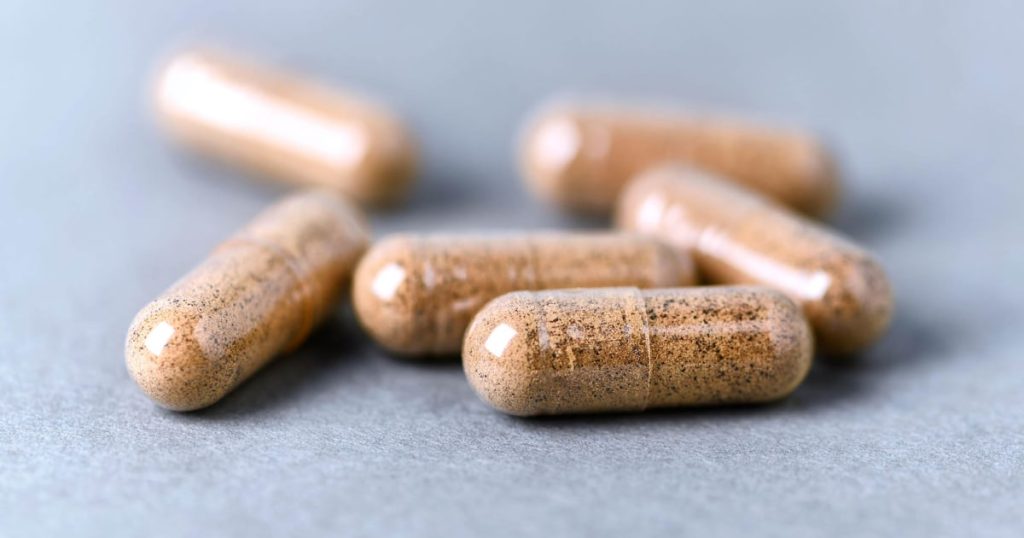Ashwagandha, also known as Indian ginseng or winter cherry, is an herb that has gained popularity on social media for its potential health benefits such as stress relief, improved sleep, and focus enhancement. This ancient herb has been used in traditional medicine systems for thousands of years and is known for its adaptogenic properties that help the body respond to stress. Ashwagandha is rich in bioactive substances called phytochemicals, which have anti-inflammatory and antioxidant effects in the body. It is commonly used as an over-the-counter herbal supplement to promote overall wellbeing.
When it comes to dosing ashwagandha, there are no specific guidelines, and dosages vary based on the form and intended use. Generally, for adults, ashwagandha dosing ranges from about 300 milligrams to 1,000 milligrams per day. It may take two to three weeks for most people to notice any significant effects of ashwagandha, and it is not a quick fix for health issues. While it can be safe to take ashwagandha supplements daily for up to three months, experts do not recommend long-term use exceeding three to six months.
Ashwagandha has been well-studied for its potential health benefits, including stress reduction, improved sleep, enhanced focus, and athletic performance. Research suggests that ashwagandha can lower cortisol levels, promote a balanced stress response, improve sleep quality, and regulate the sleep-wake cycle. Additionally, it may enhance cognition and focus, boost testosterone levels, and have anti-inflammatory properties that can improve athletic performance. However, more studies are needed to understand the herb’s mechanisms and effectiveness.
While ashwagandha is generally safe for short-term use, there are certain groups of people who should avoid taking the herb. Pregnant and breastfeeding individuals, as well as those with autoimmune disorders, thyroid disorders, hormone-sensitive cancers, or those taking certain medications, should refrain from using ashwagandha. The herb may cause unpleasant side effects such as gastrointestinal upset, nausea, diarrhea, vomiting, and in more severe cases, liver injury. It is important to consult with a healthcare provider before starting ashwagandha supplementation, especially if you are on medications or have existing health conditions.
When choosing an ashwagandha supplement, it is important to prioritize quality. Look for supplements that have been independently tested and verified by third-party organizations to ensure safety and efficacy. Remember that supplements should complement, not replace, a healthy lifestyle that includes a balanced diet, hydration, sleep, and regular exercise. Consulting with a healthcare provider before incorporating any herbal product or supplement into your routine is crucial to ensure safety and effectiveness.


